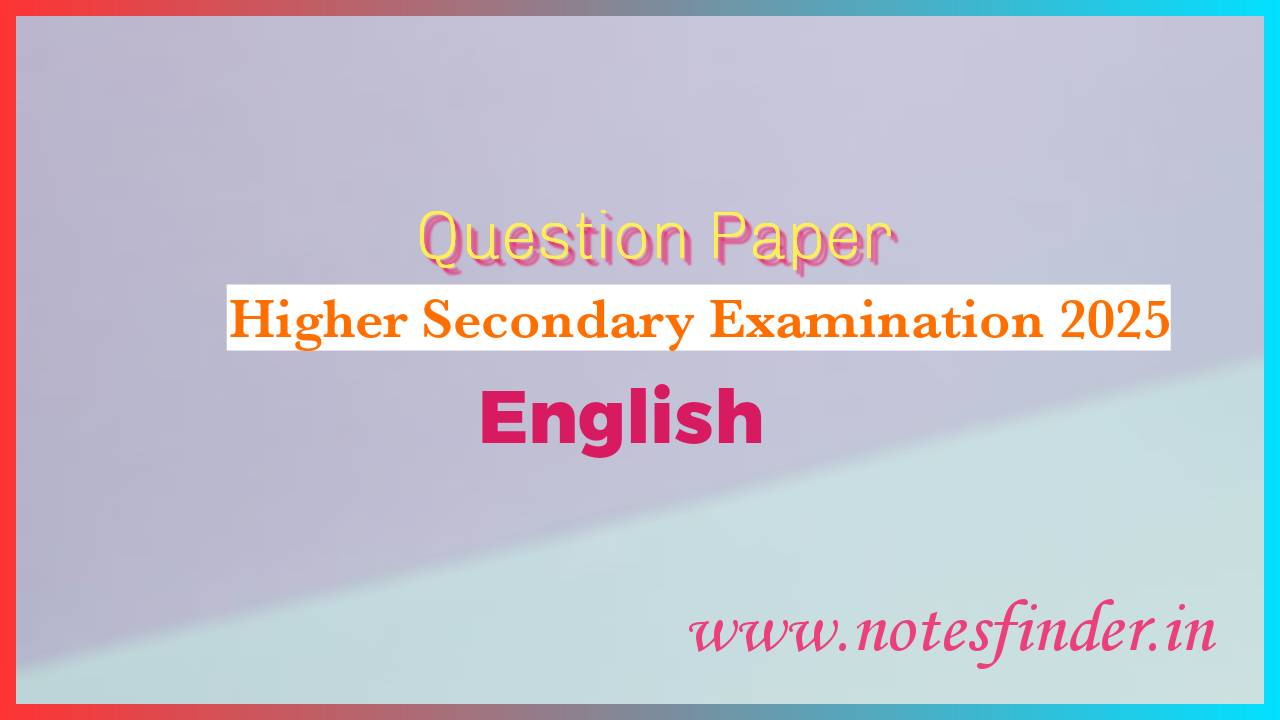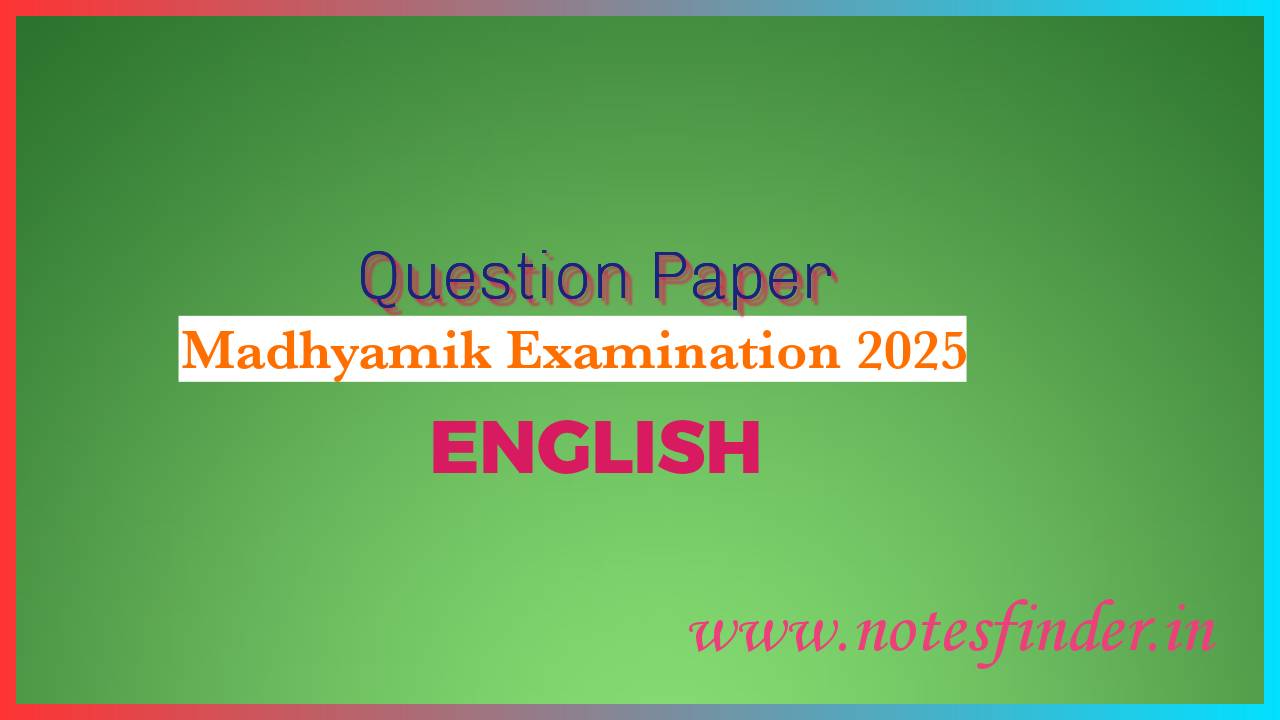1. What is the poet’s opinion of the city?
a) The city is dull and unimpressive.
b) The city is majestic and beautiful.
c) The city is noisy and chaotic.
d) The poet does not express an opinion.
Answer: b) The city is majestic and beautiful.
2. What is the city compared to in the poem?
a) A garment
b) A ship
c) A tower
d) A temple
Answer: a) A garment
3. What is the city like in the morning?
a) Noisy and busy
b) Silent and bare
c) Dark and gloomy
d) Crowded and chaotic
Answer: b) Silent and bare
4. What can be seen from the city?
a) Fields and sky
b) Mountains and valleys
c) Rivers and oceans
d) Deserts and forests
Answer: a) Fields and sky
5. What is the air like in the city?
a) Smoky and polluted
b) Clear and smokeless
c) Dusty and hazy
d) Foggy and misty
Answer: b) Clear and smokeless
6. How does the sun appear in the city?
a) It is hidden behind clouds.
b) It is bright and beautiful.
c) It is dull and unimpressive.
d) It is not mentioned in the poem.
Answer: b) It is bright and beautiful.
7. What is the city referred to as in the last line of the poem?
a) A sleeping giant
b) A peaceful haven
c) A mighty heart
d) A majestic beauty
Answer: c) A mighty heart
8. William Wordsworth composed this poem “Upon Westminster Bridge” while going to
a) USA
b) India
c) Germany
d) France.
Answer: d) France.
9. The poet was crossing the Westminster Bridge
a) in the early morning
b) in the evening
c) at noon
d) at night.
Answer: a) in the early morning.
10. The sun rays beautifully stripped
a) valley, rock or hill
b) ships, towers and domes
c) the river, bridge and fields
d) theatres, towers and temples.
Ans: a) valley, rock or hill.
11. While Wordsworth was crossing the Westminster Bridge, he was accompanied by
a) Mary Hutchinson
b) Dorothy
c) Coleridge
d) Blake
Answer: b) Dorothy
12. Wordsworth enjoys the beauty of the city of London while standing on
a) the ship
b) the tower of London
c) the dome of St. Paul’s Cathedral
d) the Westminster Bridge
Answer: d) the Westminster Bridge
13. According to Wordsworth, the city looks
a) ugly
b) most beautiful
c) lively
d) busy
Answer: b) most beautiful
14. The person who passes without enjoying the beauty of the London morning is
a) dull
b) innovative
c) imaginative
d) busy
Answer: a) dull
15. The Westminster Bridge is
a) in London
b) in France
c) far away from London
d) in the countryside of England.
Answer: a) in London.
16. In the early morning, the poet feels a deep
a) anxiety
b) sorrow
c) mystery
d) calm.
Answer: d) calm.
17. The poem “Upon Westminster Bridge” is a/an
a) lyric
b) dramatic monologue
c) sonnet
d) ode.
Answer: c) sonnet.
18. The beauty of London is
a) silent and disquiet
b) silent and bare
c) silent and obstructed
d) silent and smoky
Answer: b) silent and bare
19. Everything in the city of London looks bright due to
a) blazing fire
b) smokeless air
c) smoke
d) snow
Answer: b) smokeless air
20. The city now wears –
a) the beauty of the evening
b) the beauty of light
c) the beauty of the morning
d) the ornament of sunlight.
Answer: c) the beauty of the morning.
21. The very houses seem –
a) dead
b) asleep
c) lost
d) spellbound
Answer: b) asleep.
22. What is the object of the poet’s celebration?
a) Nature
b) London
c) Britain
d) Earth.
Answer: b) London.
23. “This city now doth like a garment wear” – Here the word ‘garment’ means –
a) the city of London
b) the beauty of the morning
c) the ships and buildings
d) the fields
Answer: b) the beauty of the morning.
24. “The river glideth at his own will.” – Here the river is –
a) The Ganges
b) The Nile river
c) The Thames river
d) The Mississippi river
Answer: c) The Thames river
25. That the city of London, as viewed by Wordsworth, is free from pollution, is evident in the use of the expression
a) the smokeless air
b) the open field
c) the sky
d) touching in its majesty
Answer: a) the smokeless air
26. “Composed Upon Westminster Bridge is-
(a) an ode
(b) a sonnet
(c) an elegy
(d) an epic
Answer: (b) a sonnet
27. “Upon Westminster Bridge” is an example of-
(a) Shakespearean Sonnet
(b) Petrarchan Sonnet
(c) a ballad
(d) an anti-war poem.
Answer: (b) Petrarchan Sonnet



